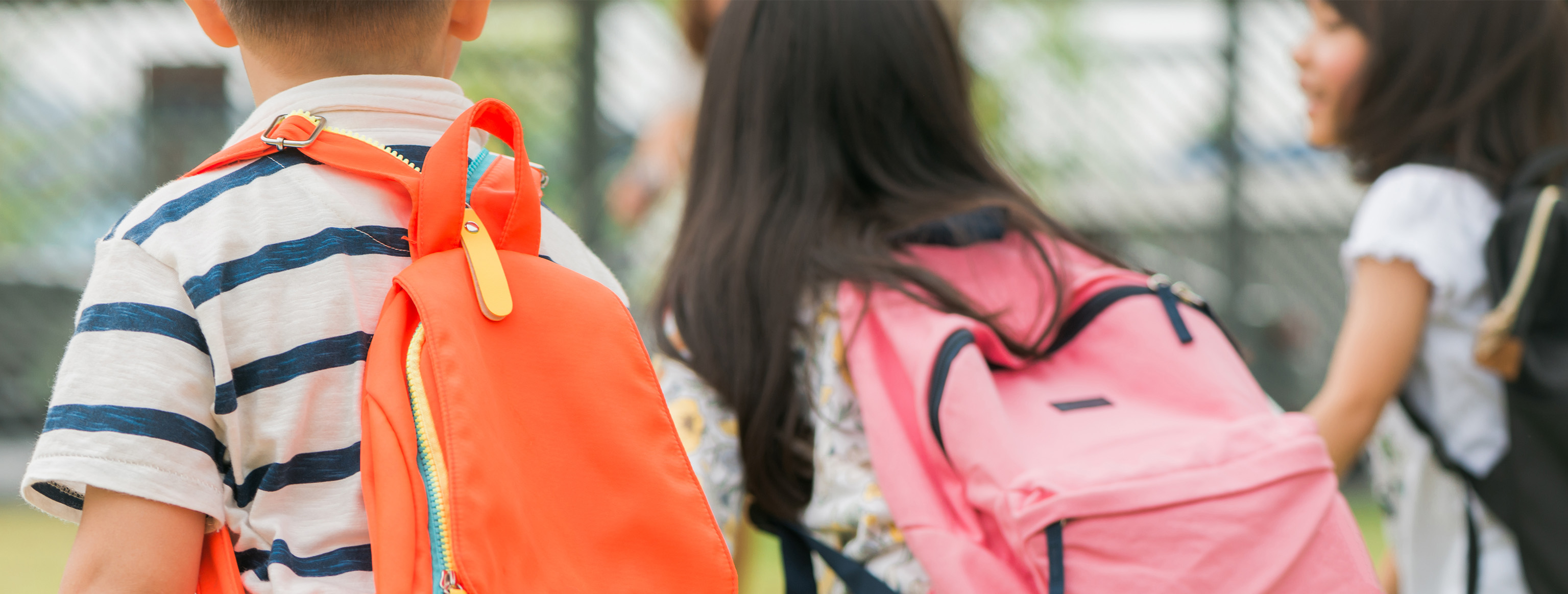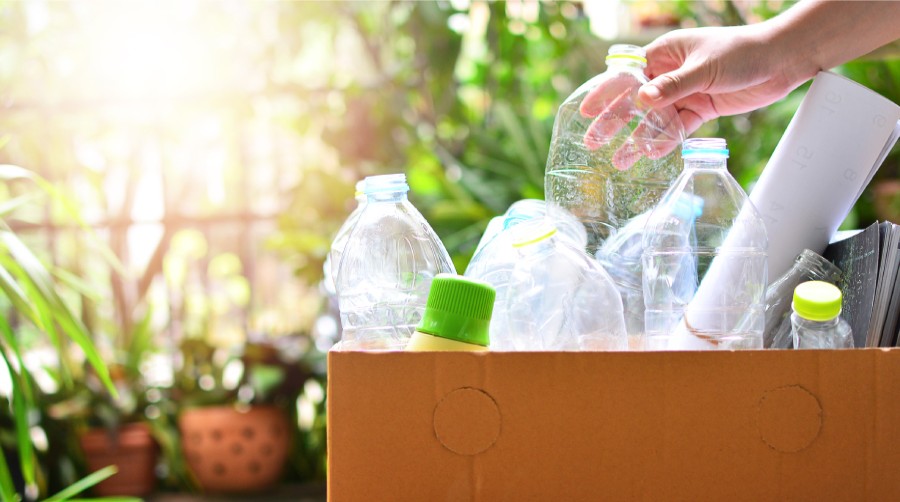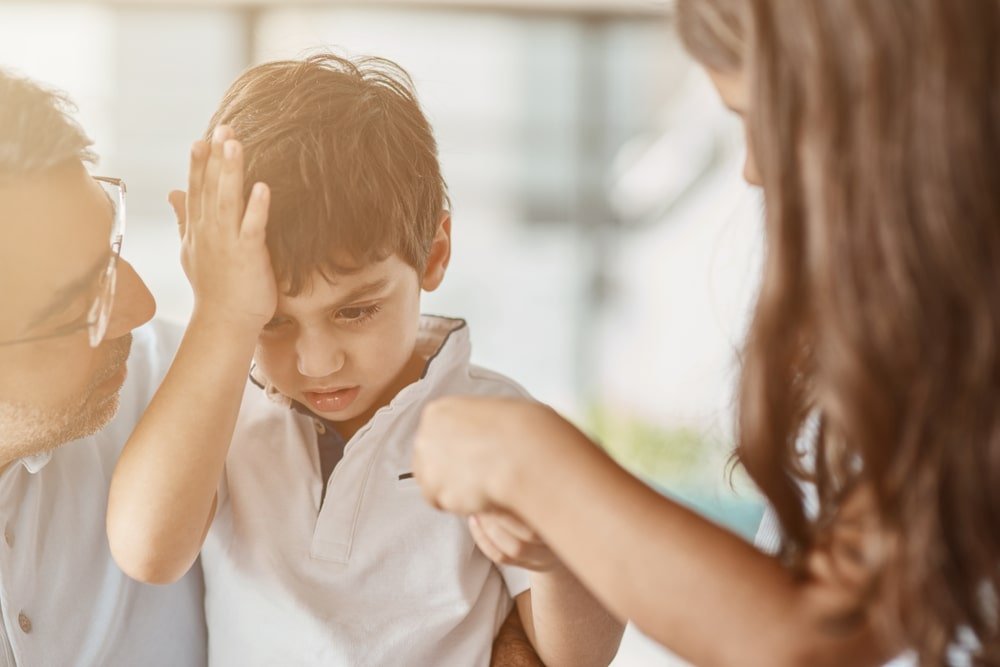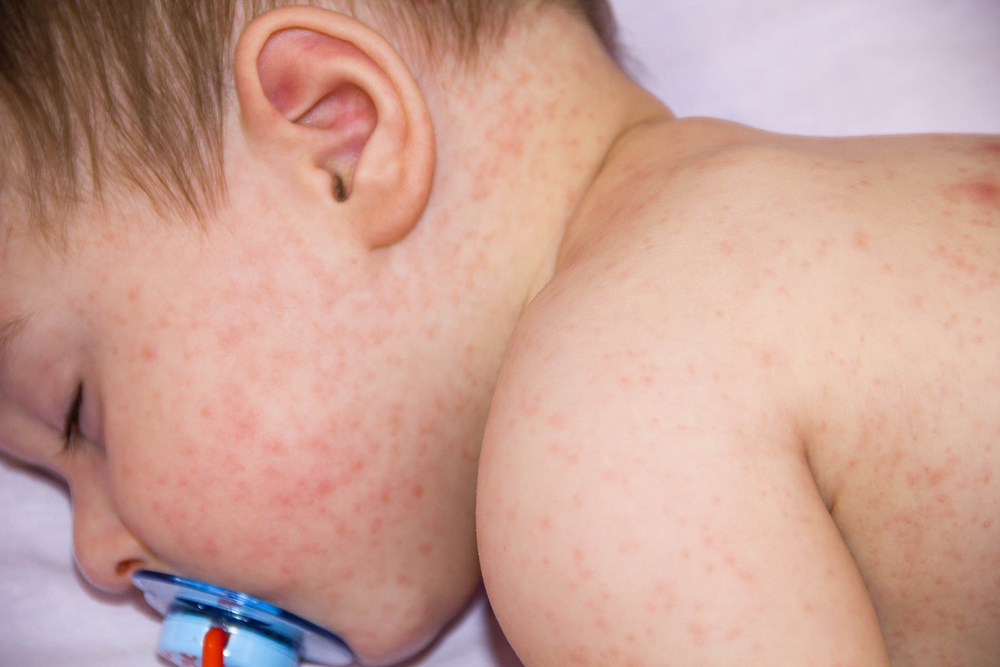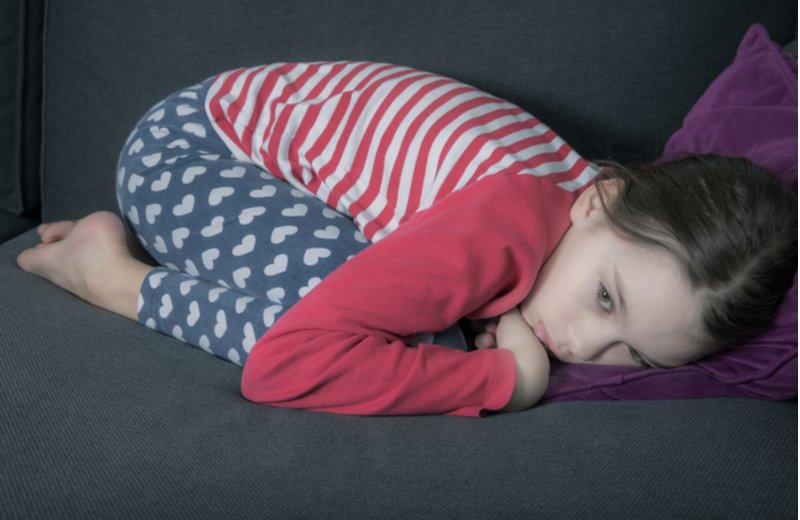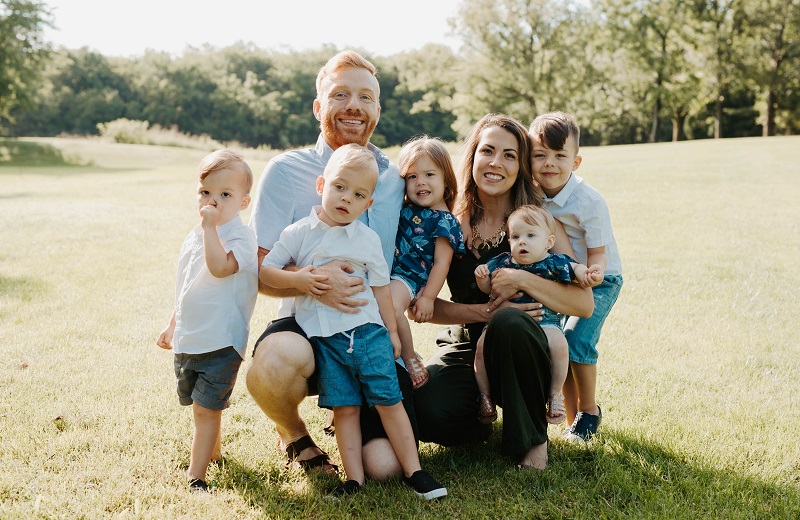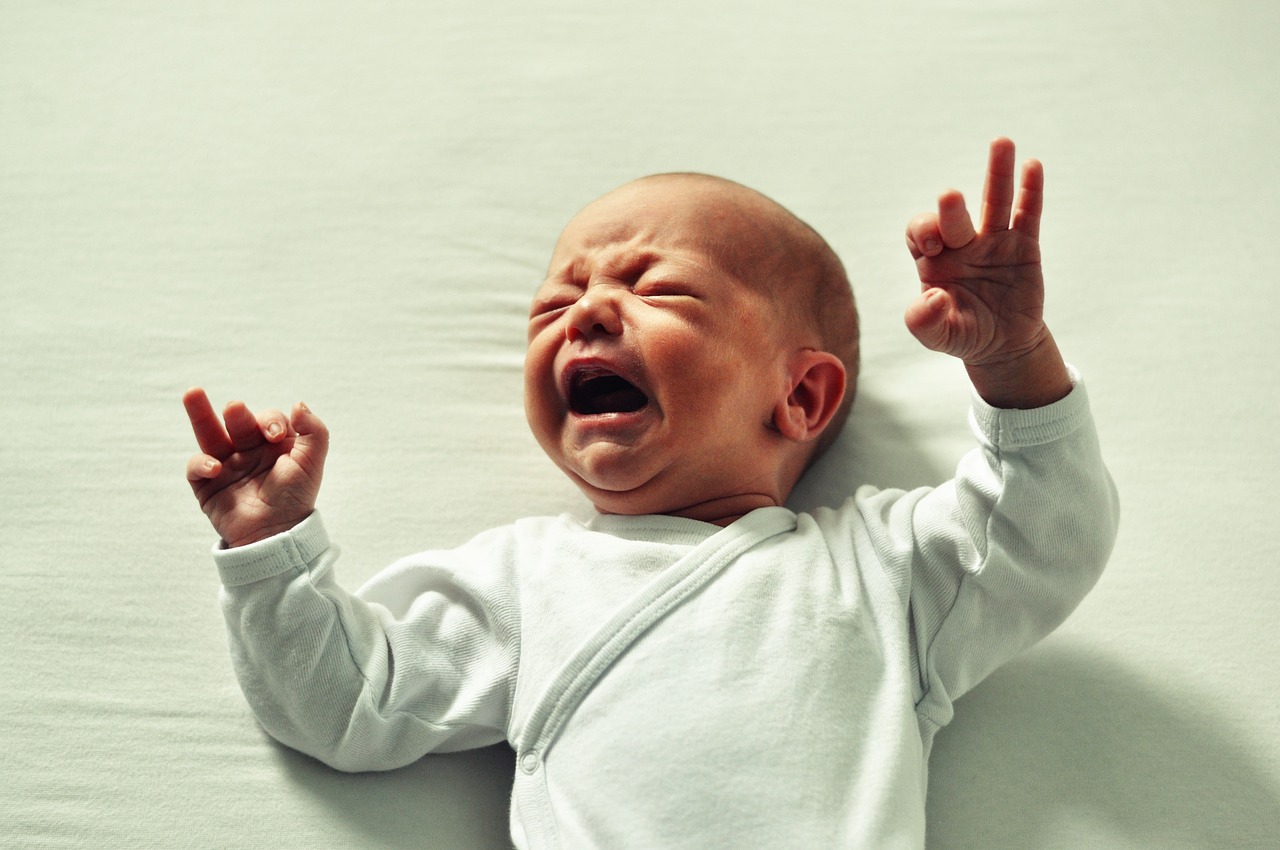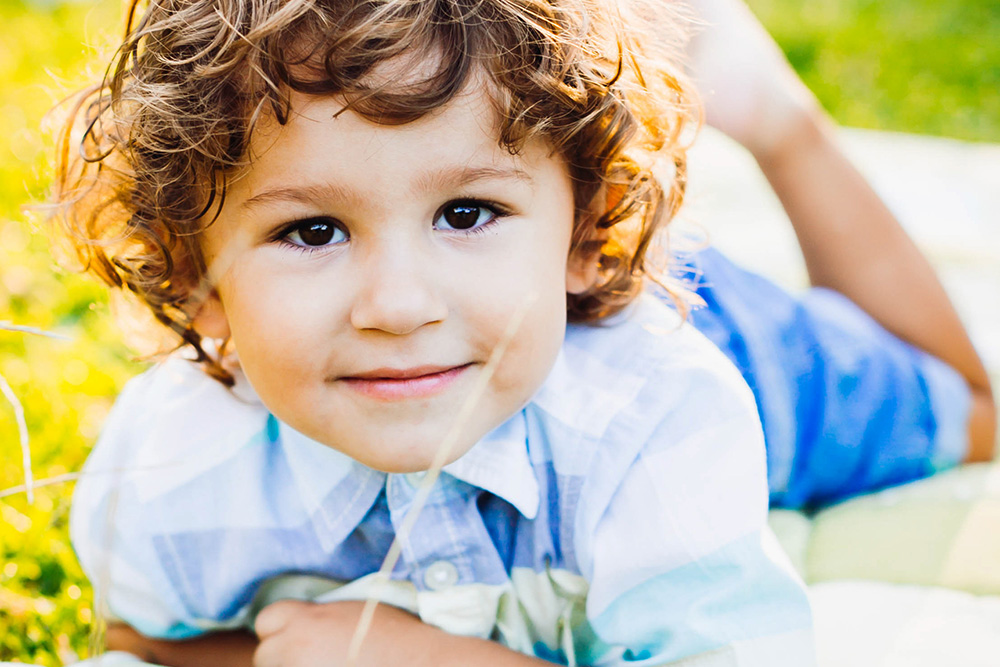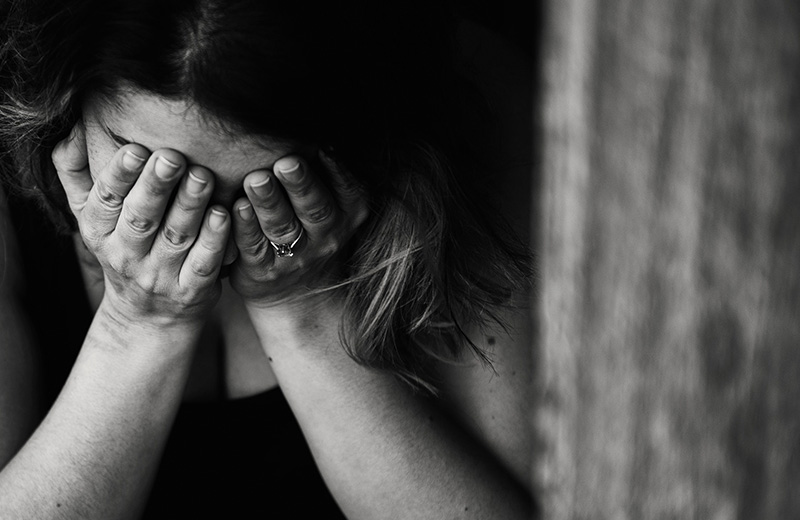Preschoolers 3-4 Years
The effect of parents' childhood trauma on their children
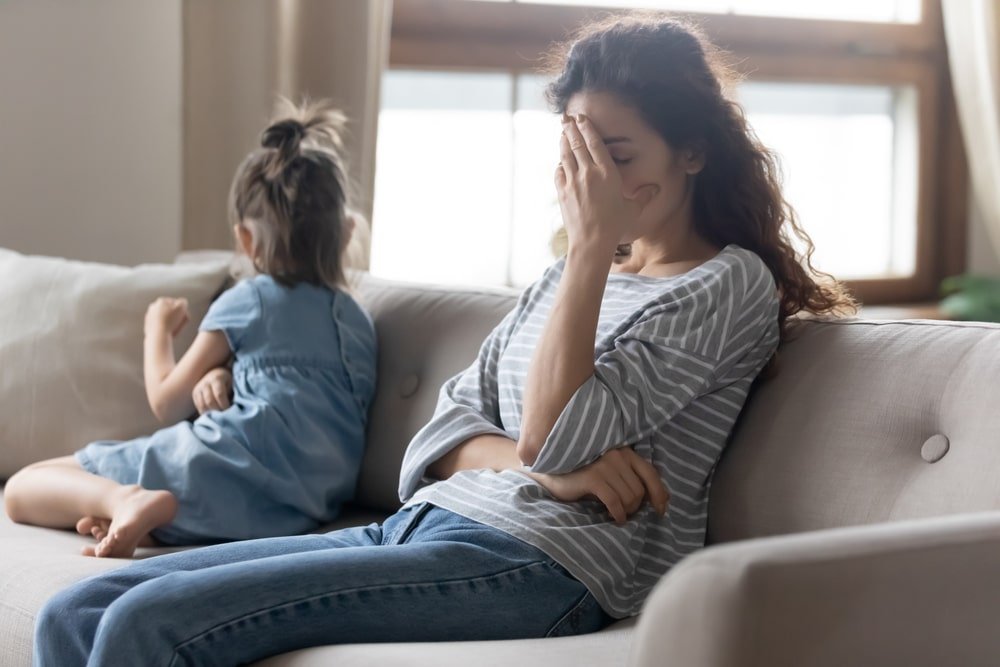
“I feel horrible whenever I lose it and shout at my kids,” Says a crying mom after screaming at her kids. We all have been through different childhood issues like an angry father, a mother who hits, parents who gave the silent treatment, parents who want their kids to be perfect…etc.
All these are different types of traumas we see while growing up. The thing is, most people think trauma must be something huge and scary. Like an earthquake, rape, kidnapping, something of the kind. But what most people don’t know is that there are big traumas and small traumas. Let me tell you some examples of both to understand more what we need to talk about in this article.
What are the types of traumas?
The big traumas are things that happened once and were big, like natural disasters; earthquakes, volcanoes, tornados, rape, war…etc.
Small traumas are incidents that happen and keep happening in a child’s life and continuously affect them. For example a father that shouts all the time, a mother that hits her kids, parents who fight in front of the kids all the time, parents who give their kids silent treatment when they make mistakes, parents who abandon their kids, and a lot more. It’s not because these are small incidents that we think are normal and happen in every house means that it’s ok. These acts have a huge influence on our kids and their mental health and affect their personalities in the future.
So if we as parents faced things like that during our childhoods, it must have shaped us and left certain effects that we might not be aware of but affecting our lives and our kids after us.
So how can you know if trauma is affecting you?
These small incidents, called small traumas, make us feel certain things when we were small that leave us having certain beliefs that act as a prison to our way of thinking that negatively affects our present.
It appears in your life as depression, anxiety, certain fears, not trusting others, problems in relationships, anger issues, low self-esteem…etc
So how can parents manage the effect of their childhood trauma on their parenting to their kids?
Manage emotions
Usually, parents who experience childhood traumas have a problem with emotions; expressing, feeling, and managing them. So, when that is the issue with your kids, always try to put yourself in their shoes and talk more about feelings at home as a family.
Stress tolerance
Lots of parents who experience childhood trauma cannot manage stress. They were never used to dealing with stress in a healthy way. So, when they have kids and go through stressful situations as parents (kids crying, for example), they collapse or cannot handle it. To deal with this, you will need to meditate more, practice breathing exercises, and journal your feelings about the past.
Triggers
These parents also get triggered by what seems like random things, usually related to something that happened in their past. What you should do here is to journal about the triggers you experience and try to see the link between what happened and how it reminds you of something that happened to you when you were a child.
They’re not here to bother you
Many mothers tell me this statement “I really think my son is doing this on purpose to bother me and get on my nerves,” but that’s not true. They sometimes think that their kids are bothering them on purpose or manipulating them. But kids just need our support and guidance. So when they act out, it’s usually because of a need they lack or need of love, care, attention.
Being cold
Some parents raised in families who lack emotions usually can’t give emotions to their kids or cannot excess love to them. Which also affects their children because that’s what kids really need to grow into healthy adults. So what you do about that is, even if you can’t express your love, do it anyway. Fake it until you make it. Try to put a goal during the day to hug them, say I love you at least once, and sit and have some quality time with them.
Shouting all the time
Some parents shout all day to their kids to get their way. They think kids playing around and being loud is unacceptable, while it’s a normal part of development. It makes kids reach a point to be cowards or aggressive from all the shouting and the complaining about their playing. What to do here is try not to say anything or bother yourself or your child, as long as he’s not doing anything dangerous. They’re not a statue, they won’t stay quiet just because we want to.
These are a few things parents can face with their children and how to deal with them. But nothing, of course, is similar to seeking professional help. It’s very important.
So what I want to say is never feel bad or ashamed that you have issues that are affecting your life, including your parenting journey. Instead of feeling like a victim or living in the past, take action! Find a therapist or a professional who can help you deal with your childhood traumas the right way, talk about your past, let it all out, and get rid of the burden you’re carrying along all these years to make space for new memories with your children and a healthier happier version of yourself.


